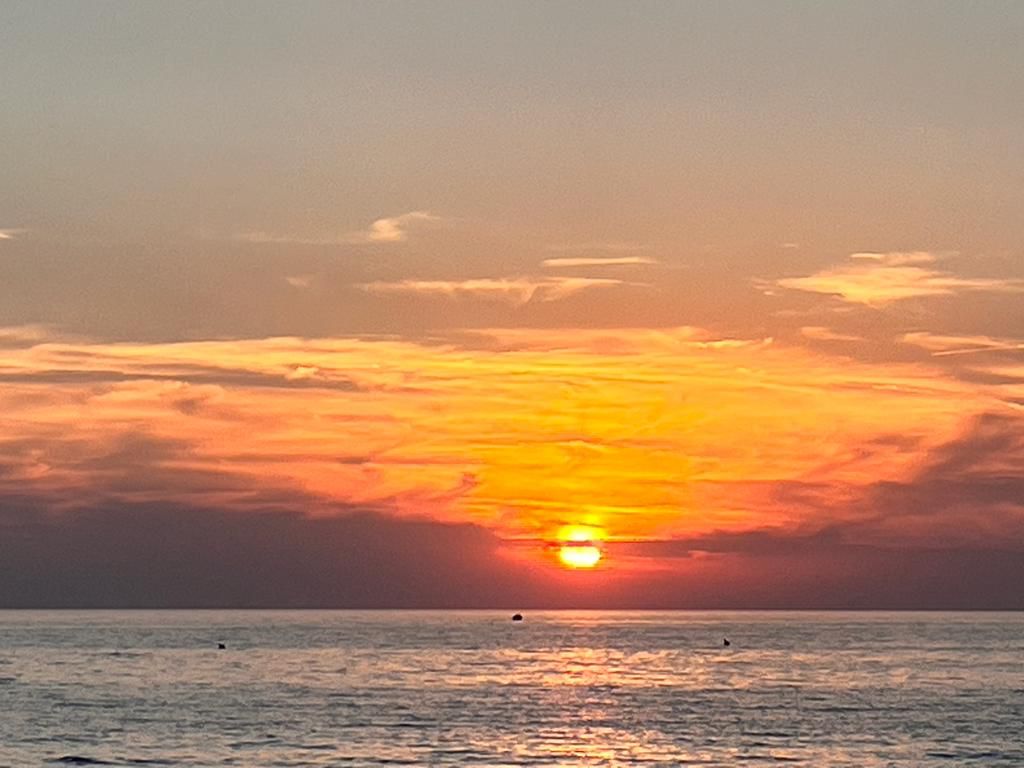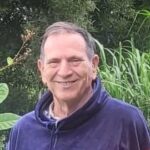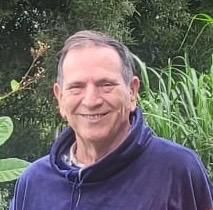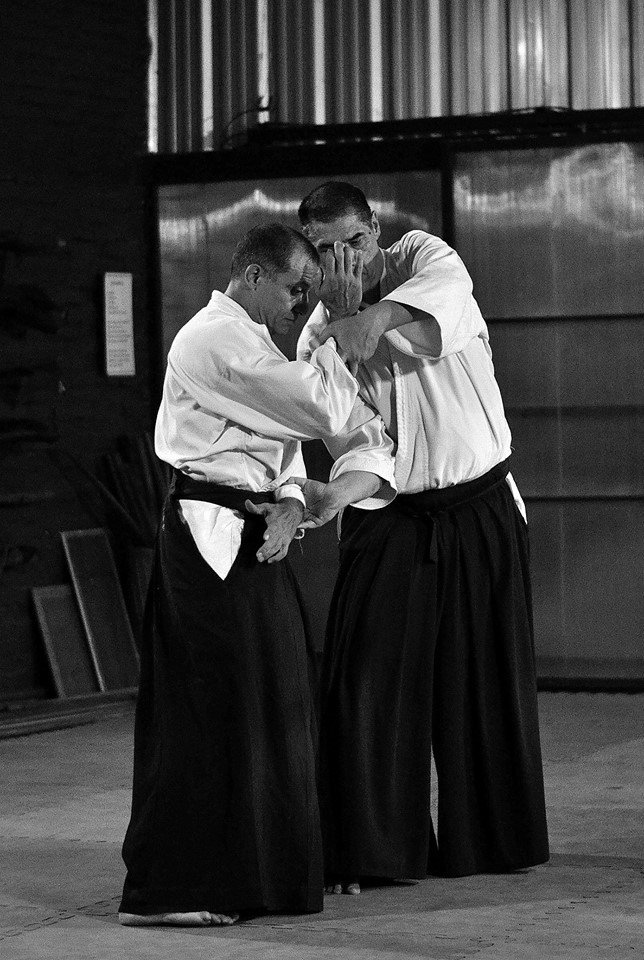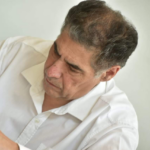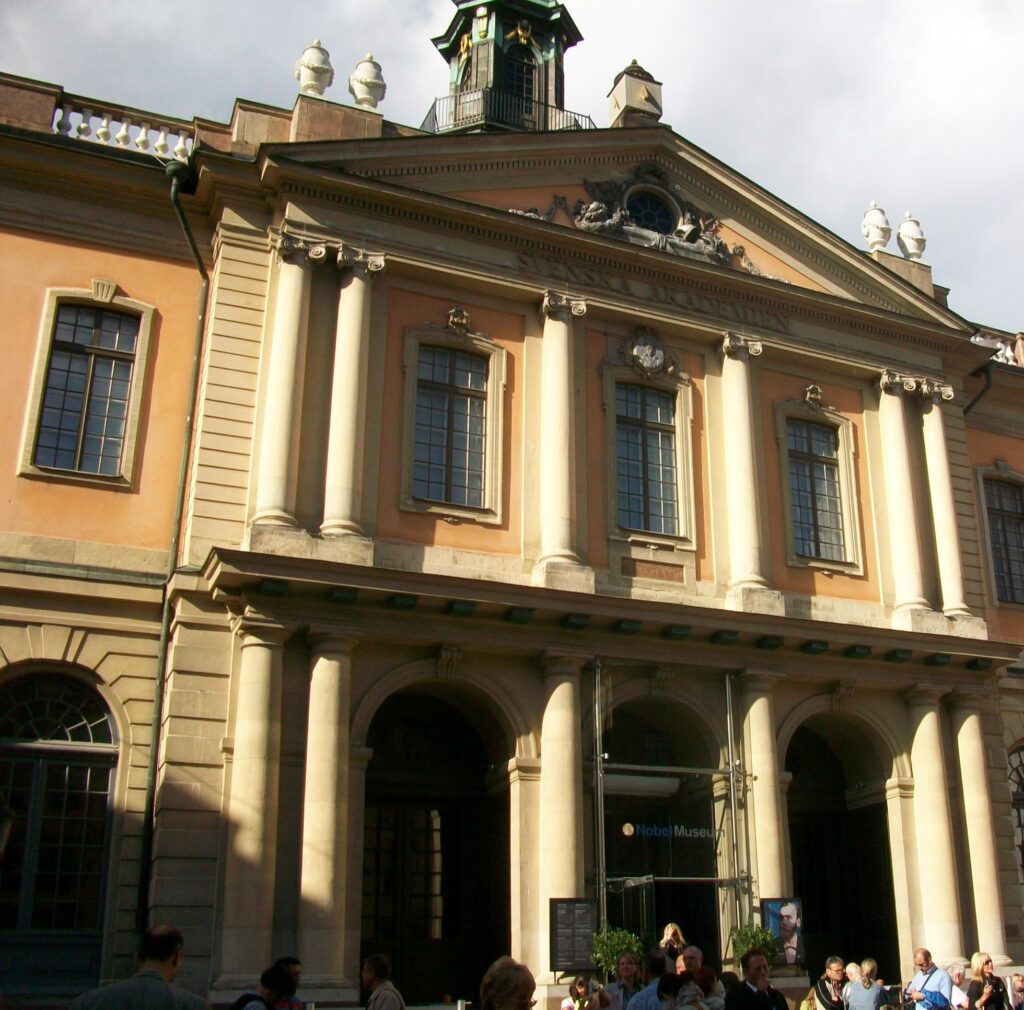The seven teachings I received from being close to death.
One of the main experiences and lessons of my life has been my relationship with death, since it is a life-long master in providing teachings. These teachings are evoked in wise popular sayings, but they are rarely fully understood. I believe I understand them now, and so I will use them to accompany me in this reflection.
No one is given a free pass in life, the first teaching.
Although this saying is very old, my parents often used anecdotes to remind me of it, especially regarding commercial matters where people I knew acquired property, businesses or loans through verbal agreement. Since there was no legal document to confirm what was agreed upon, when one of the parties died, the others were prevented from making any legal claim.
On an inner level, and in relation to life´s short and long-term projects, I learned that the achievement of goals isn´t what matters, but the experience and expertise gained with each step taken, because, in the end, you never know if you’ll be alive for that final step across the finish line. It’s like when you set out on a trip and hope to arrive safely at your planned destination. The best option is to enjoy the moment and stay alert and focused to avoid getting distracted and straying from the path. Life is like a journey where you don’t know how long it will last, and so we come to another saying.
Being grateful and living with what one has at that moment, the second teaching.
This saying is connected to the old analogy of the glass being half full or half empty. Life is built on what you have. From there, you launch into a project yet to be discovered, And this is done without the nostalgia born from a feeling of failing to achieve what you wanted. The truth is, you’ll never truly be content, because the wish list is bottomless and is never completed. You chase after the desired object, ignoring what you do have around you.
The illusory nature of life, the third teaching.
This lesson was never more relevant to me than when I was very near death a few years ago when I was put into an induced coma for several days as a result of contracting COVID-19. I can say I had a second chance at life. What a privilege!
I divide this experience into two parts: the experience itself—during the induced coma—and what I learned from it.
During the coma, I had many experiences, hallucinations intertwined with what was happening around me and in my imagination. There were times when I saw the nurses and heard what they were saying. I remember many experiences that I was later able to confirm as true. One of those experiences was when they repeatedly put an Apple tablet in FaceTime mode so my wife could see me from home. I could clearly hear her words of encouragement, especially once when she played me a recording of the Hymn to the Divine Mother. It was so beautiful, and the choir that sang it was lovely. This gave me peace and comfort.
I didn’t see any tunnel or a bright light at the end, as many have asked me, but I did find myself in front of a very white and luminous space with different elongated steps, all white and distant from each other at different levels of ascent. I could jump from one to another without feeling gravity, until some entities grabbed me and returned me to the bed where there was a nurse with her syringe ready to inject me. I begged her not to put it in me, to let me go, but she told me “You’ll be okay”. In the end, I stopped trying to convince her after she told me: “I promise you that in three days you’ll be okay.” In short, I don’t know how many days passed, but when I woke up from the coma, she was one of the first nurses—if not the first, I’m not sure—who entered the intensive care unit to check all the medical instruments and equipment that I was connected to. She began to tell me: “I was the one who gave you the injection.” And, passing her hand over my head, she said: “Because I’m going to save this boy.” Well… “boy” is just a manner of speaking; I was 66 years old at the time. And she added that she was the one who took care of me during that time. That same day, at the end of her shift, she came to say goodbye, and after asking when I would see her again, she told me she wouldn’t be back, but that I should rest assured that a nurse she trusted completely would be there that night. I didn’t see the nurse again at any other shift change, as was usual with the rest of the medical team. I think, with my rational-logical mind, that she was a real nurse, but she behaved like an angel. And as for the nurse, I didn’t see him again after that night either.
The relationship with life can change, fourth teaching.
Regarding how this situation influenced my inner life: it changed the way I relate to life. It also helped me understand the illusory, the temporary, and the fragile nature of life. It can change at any moment—an accident, an illness, the death of a loved one. I learned to love more, to value those close to me, such as family and friends, and to love them even more. I also learned to live each moment more intensely, and to not run away from pain, but rather to embrace and face it.
Life is beautiful, fifth teaching.
Thinking about our own death isn’t a topic we find appealing. However, being mindful of death makes us live differently. In addition to living more fully, it reminds us that everything is temporary, that our attachments are ephemeral, and that all our successes and achievements, which we have collected like trophies, vanish like sandcastles before the first onslaught of the sea. In an instant, nothing remains of what we thought we had, and that, truly, is life. For example, we often resist the constant becoming, trying to stop the moment so that our personal achievements and accomplishments don’t fade away over time. Let’s remember that there’s no rose without a thorn, and we often find this in life. But roses are beautiful, just like life itself.
True individuality, sixth teaching.
Attachment to material, professional, and even spiritual achievements and accomplishments, is the result of an identification that gradually forges a self-image that masks one’s true individuality. The fear of losing or distorting that image drives defense mechanisms such as denial, justification and projection, among others. These defenses hinder confronting the soul´s shadows, and make it difficult to have a healthier and more honest relationship with life.
All these defenses also help maintain beliefs and concepts about life, where interpretations of different experiences are tailored to suit the self-images and expectations of others. We hear and see what suits us to hear and see, and our identification with these interpretations is the justification that supports these beliefs and becomes the illusory aspect of life. This saying is very true: few see what we are, but everyone sees what we pretend to be.
Living each day fully, seventh teaching.
One could say that death is a good advisor. In addition, each morning it invites us on an adventure and the opportunity to live. Each day is unique and unrepeatable, and it’s an option to live it fully and consciously. There’s no need to wait for a second chance; it’s now that we have the opportunity to live fully. A word to the wise is sufficient.


